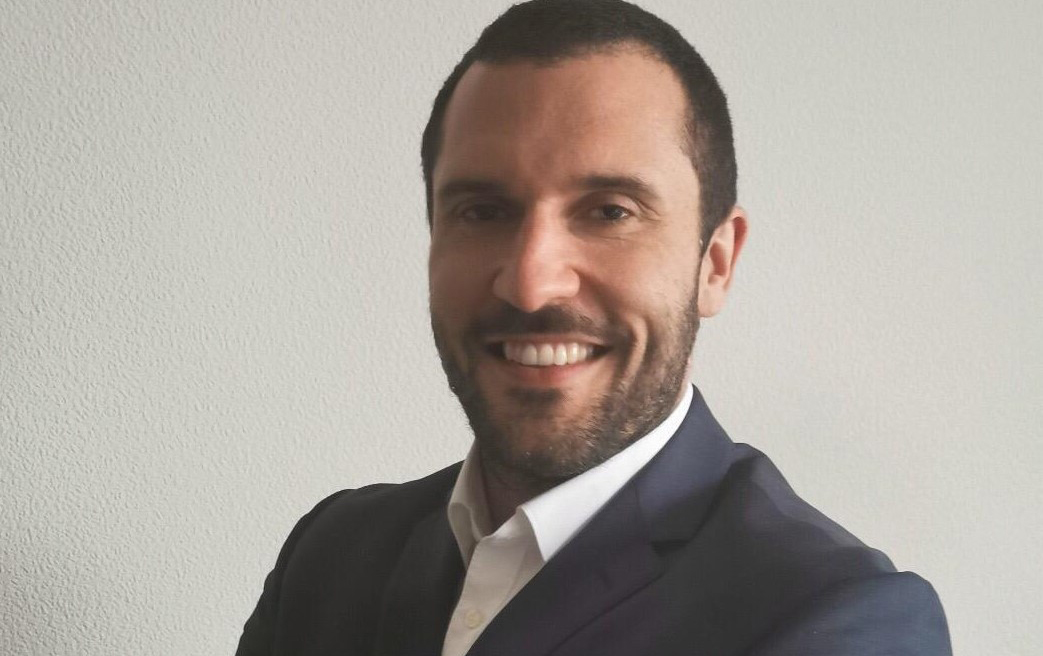
Petros Vlavakis is a research associate at the Chair of Combustion Technology of the Engler-Bunte-Institute at the Karlsruhe Institute of Technology. His research focuses on technologies for gaseous emissions reduction and carbon mitigation in power generation and the transportation sector. In this interview he talks about how working in the field of combustion and sustainable energy has made him feel that he is doing something important to make our lives better.
What is your motivation for pursuing research in this area?
This is actually a very interesting question I am facing many times when I talk about my work with other people like my friends, family, etc. and my answer is every time the same: I am working in the field of combustion in order to contribute as much as I can for a sustainable future. If you really think about it, the first revolution in human history began with the discovery of fire. After that, we have the technological revolution where through the development of combustion engines things like, heating system (home heating, furnaces for cement or glass production), production of electricity, quick long-distance transportation of goods, traveling, and many other things that have been only imaginations, were now possible. For sure combustion systems also have negative impacts and especially on the environment and our mission is to eliminate or at least minimise these negative impacts. In the last decades, the combustion research community made many steps forward, improving significantly combustions systems by making them more efficient and cleaner. However, there is still room for further improvement that must be done if we want to meet our targets. At the moment we have a strong penetration of renewable energy sources, but my opinion is that combustion is and will be for the foreseeable future very important in energy conversion. All these reasons really motivate me to work in this field and give me the feeling that I do something important in order to make our lives a bit better.
What would you have done if you were not a researcher?
If I were not a researcher in the field of emission reduction and carbon mitigation, I would have liked to work in an institution that shares the same ideas with me regarding the need for a sustainable energy system.
Have you encountered any challenges in pursuing your research career?
I think development without challenges is impossible. Therefore, for me research, as the forerunner of development, is synonymous with the challenge. Our institute focuses on fundamental combustion research and on a daily base we have to deal with different challenges coming from the construction of a new test facility, the adaption of an existing combustion test rig, and the development or improvement of a measurement technique. At the same time, we have to be very precise in every step of our activities in order to be able to characterise and understand such a complex phenomenon as combustion. And this is the biggest challenge we have. To achieve that is not easy, you must spend time and power, you must show determination and most important you must have a good team. In our institution, we have many experienced researchers that together with young and highly motivated researchers build up a strong team to overcome every challenge or difficulty. So, we don't fear challenges because through them we evolve.
What do you do within the ESTiMatE project?
The ESTiMatE project deals with the formation of soot particles in aero-engines and the main objective is to develop a soot formation prediction model. My role in this project is to generate experimental datasets from one-dimensional laminar non-premixed counterflow flames under well-defined boundary conditions at ambient and higher pressure. The gained experimental results will be used by ESTiMatE partners for validation of the developed chemical kinetic mechanisms and soot models.
How do you like it so far?
From the beginning I have enjoyed working on this project. During this period, I had the opportunity to be in contact and work with people from many recognised institutions. The project promotes a close interaction between the partners, which helps us all to improve our techniques and procedures in order to achieve the objectives of the project. Additionally, I am fully convinced of the positive impact of the project in the direction of emissions reduction from aircraft engines and I am very happy being a part of it.
What do you hope to achieve in your career in the long run?
My vision as an engineer is to develop technologies and applications that will help us to meet our target of a sustainable energy system and future.
